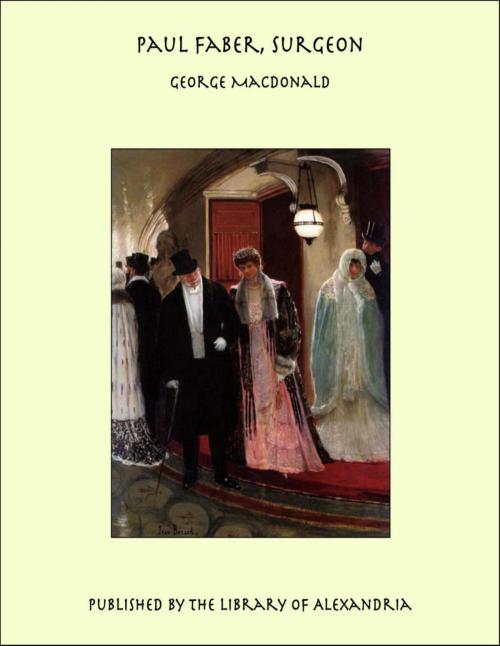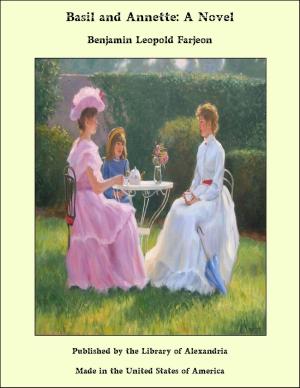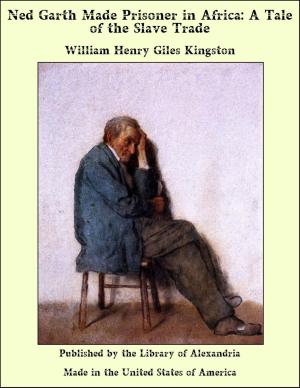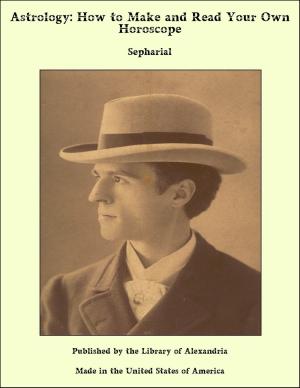| Author: | George MacDonald | ISBN: | 9781465550743 |
| Publisher: | Library of Alexandria | Publication: | July 29, 2009 |
| Imprint: | Library of Alexandria | Language: | English |
| Author: | George MacDonald |
| ISBN: | 9781465550743 |
| Publisher: | Library of Alexandria |
| Publication: | July 29, 2009 |
| Imprint: | Library of Alexandria |
| Language: | English |
The rector sat on the box of his carriage, driving his horses toward his church, the grand old abbey-church of Glaston. His wife was inside, and an old womanhe had stopped on the road to take her upsat with her basket on the foot-board behind. His coachman sat beside him; he never took the reins when his master was there. Mr. Bevis drove like a gentleman, in an easy, informal, yet thoroughly business-like way. His horses were blacklarge, well-bred, and well-fed, but neither young nor showy, and the harness was just the least bit shabby. Indeed, the entire turnout, including his own hat and the coachman's, offered the beholder that aspect of indifference to show, which, by the suggestion of a nodding acquaintance with poverty, gave it the right clerical air of being not of this world. Mrs. Bevis had her basket on the seat before her, containing, beneath an upper stratum of flowers, some of the first rhubarb of the season and a pound or two of fresh butter for a poor relation in the town. The rector was a man about sixty, with keen gray eyes, a good-humored mouth, a nose whose enlargement had not of late gone in the direction of its original design, and a face more than inclining to the rubicund, suggestive of good living as well as open air. Altogether he had the look of a man who knew what he was about, and was on tolerable terms with himself, and on still better with his neighbor.
The rector sat on the box of his carriage, driving his horses toward his church, the grand old abbey-church of Glaston. His wife was inside, and an old womanhe had stopped on the road to take her upsat with her basket on the foot-board behind. His coachman sat beside him; he never took the reins when his master was there. Mr. Bevis drove like a gentleman, in an easy, informal, yet thoroughly business-like way. His horses were blacklarge, well-bred, and well-fed, but neither young nor showy, and the harness was just the least bit shabby. Indeed, the entire turnout, including his own hat and the coachman's, offered the beholder that aspect of indifference to show, which, by the suggestion of a nodding acquaintance with poverty, gave it the right clerical air of being not of this world. Mrs. Bevis had her basket on the seat before her, containing, beneath an upper stratum of flowers, some of the first rhubarb of the season and a pound or two of fresh butter for a poor relation in the town. The rector was a man about sixty, with keen gray eyes, a good-humored mouth, a nose whose enlargement had not of late gone in the direction of its original design, and a face more than inclining to the rubicund, suggestive of good living as well as open air. Altogether he had the look of a man who knew what he was about, and was on tolerable terms with himself, and on still better with his neighbor.















